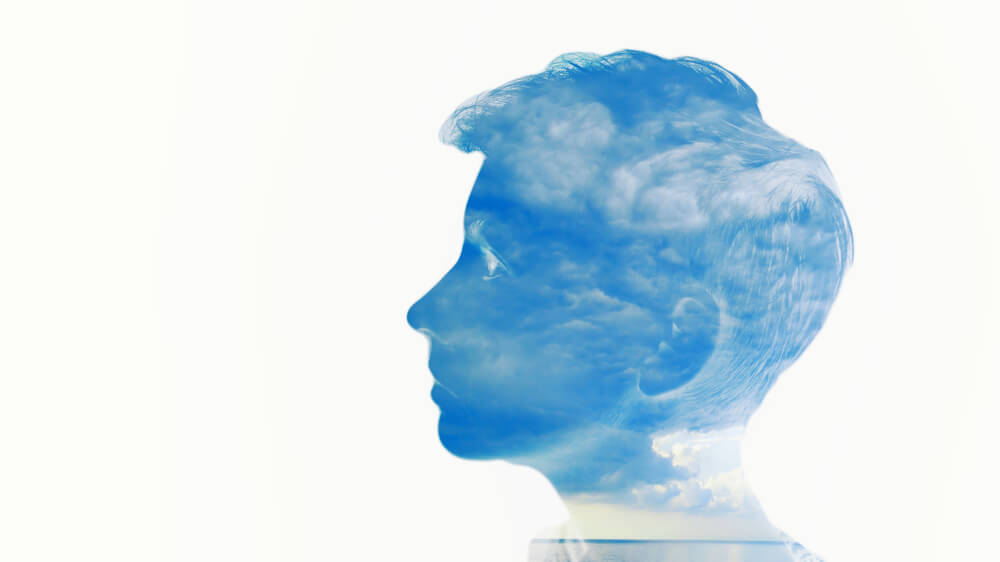The theory of decline was formulated by Georgescu-Roegen, a brilliant mathematician and economist of Romanian origin. The basic principle of this approach is to gradually reduce production to improve the balance between humans and nature. In turn, this would help make social dynamics more sustainable, which would function as a control over how each individual acts.
Growth is perhaps the central goal of all the economies of today’s world, and this is one of the great mantras of capitalism. It is assumed that the idea is a growing production underpinned by equally increasing consumption. More for more. However, this pattern has led to undesirable phenomena: the first, a systematic attack on nature and its processes; the second, a significant decrease in the quality of life, both human and non-human.
- According to the theory of decomposition.
- Human beings should work less and have more free time.
- So it would be the basis of a new model in which production is regulated.
- In order to meet the needs of societies.
- Without damaging the environment or turning human beings into automatons.
“The term decline is primarily intended to strongly emphasize the abandonment of the growth goal for growth. “
-Serge Latouche-
Today, almost everyone spends most of their time at work. Unlike in the past, this work is often not intended to meet basic needs. Gradually, humans developed new needs, all related to consumption.
What a lot of people are looking for with work is to increase their ability to drink. Have more to buy more, whether you buy something relevant or not. A few decades ago, no more than one soap was needed to bathe, but now five types of products are needed: hand soap (with moisturizer), body soap, shampoo, intimate soap, conditioner, etc.
Consumer capacity has grown considerably in many companies, however, this does not mean that people are happier or feel more realized. A study in Canada asked a group of volunteers if they thought they were happier than their parents. Only 44% said yes, although consumption capacity increased by 60%.
The world has reached a point where the imbalance between production and nature has become dangerous, so there are doubts about the availability of certain resources for new generations, something is wrong and the theory of decadence suggests that the deficiency is in production without Thus, the theory of decomposition proposes eight measures or eight solutions for today’s world:
It is clear that the current economic system does not generate happiness, but neurosis, alienation and inequality; however, new paradigms begin to emerge in the world, such as the theory of decadence, which proposes a more kind and humane North.

